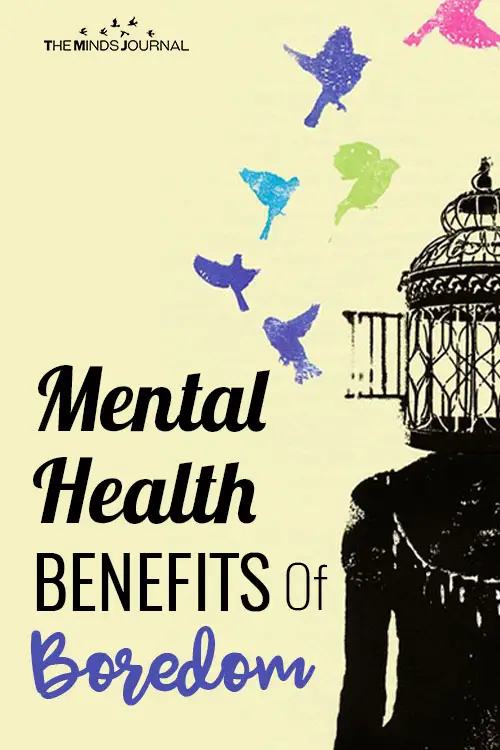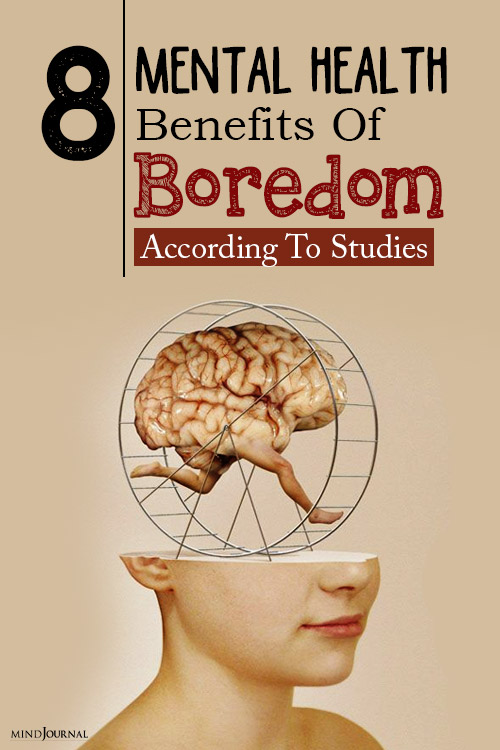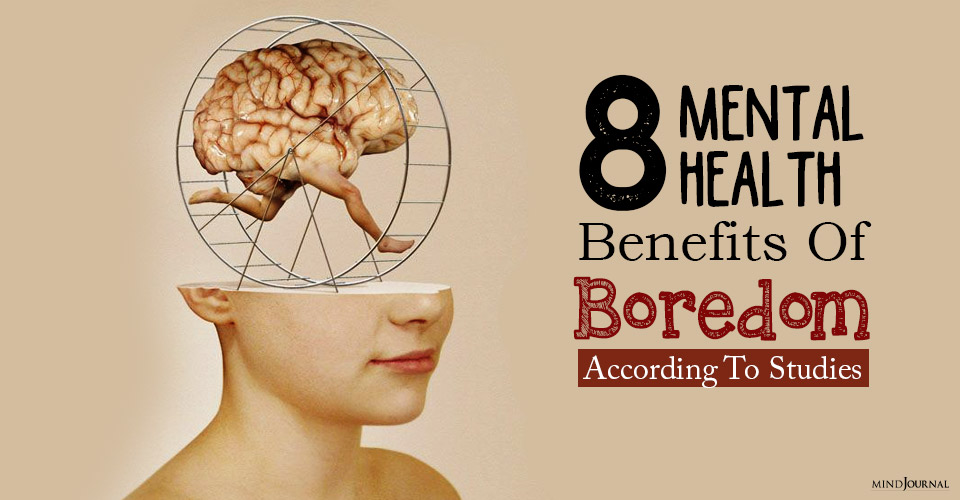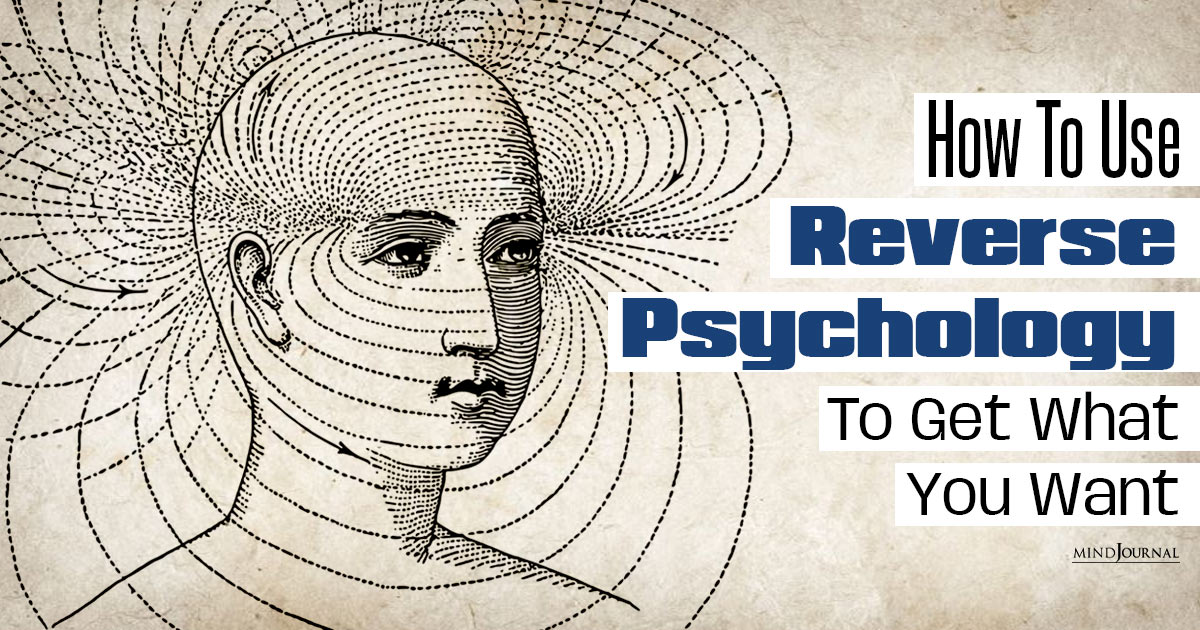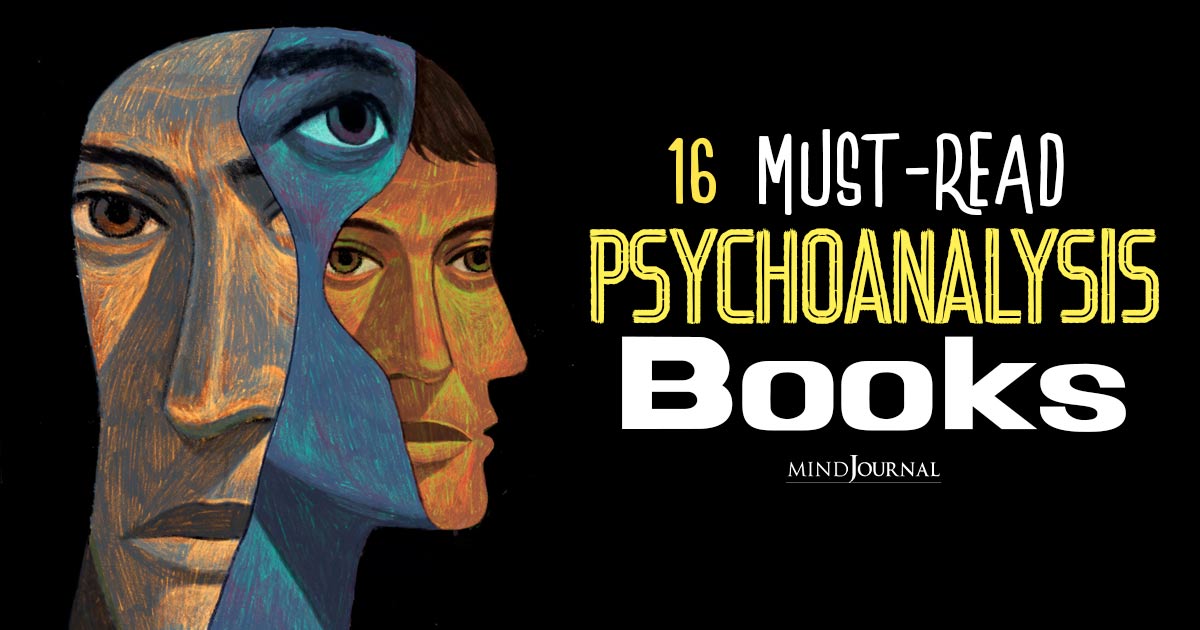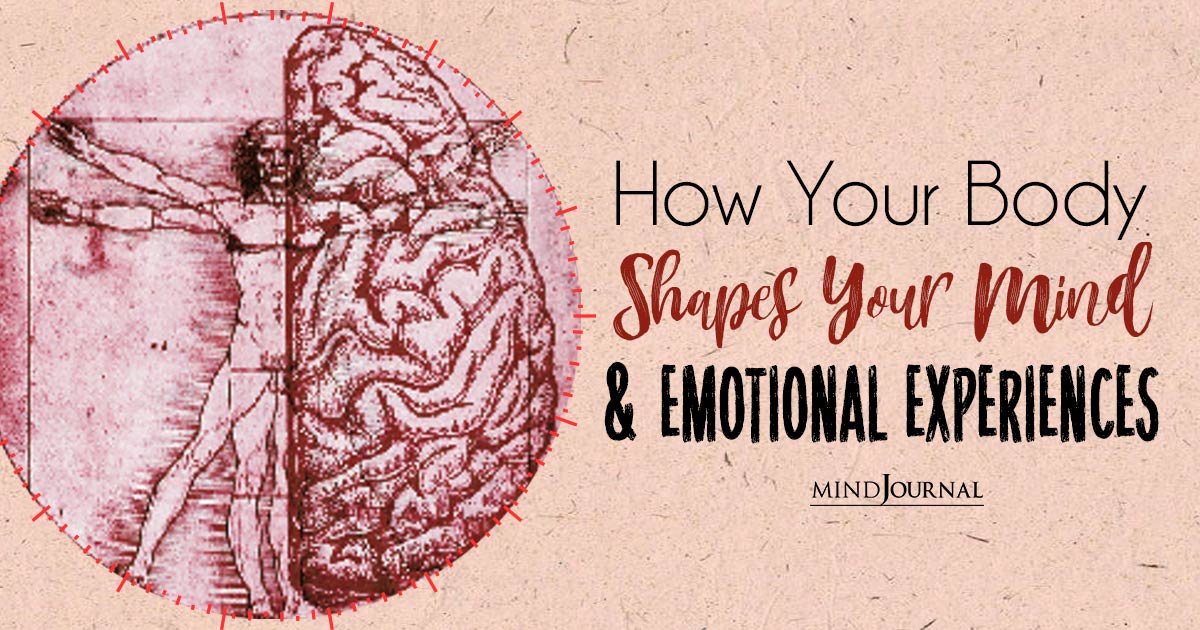Are there any advantages to boredom? Is boredom beneficial to the brain? Why is boredom good for your intellectual health? There are many questions that arise in our minds when we consider the benefits of boredom, which is commonly regarded as an unsightly emotional state.
Boredom has been defined by Cynthia D. Fisher in phrases of its main central psychological processes: “an unpleasant, transient affective state in which the individual feels a pervasive lack of interest and difficulty concentrating on the current activity.”
Boredom is very annoying and has serious health consequences when it is chronic. For example, it is most likely the waiting room of a doctor’s office. The passage of time appears to be infinite. Irritability and anxiety begin to set in. This is when we start to feel stressed. It appears that the solution will be visible with the assistance of the doctor. Boredom isn’t a minor issue. Boredom drives some people to engage in addiction, gambling, bingeing, and alcohol abuse.
While boredom isn’t usually described in such religious terms these days, it’s still not considered a good thing. Boredom, according to experts, is caused by both internal – including personality-related – and external factors, such as a long wait at the doctor’s office with the best antique magazines to read. Boredom is linked to a number of emotional and mental health disorders, and we’ll do virtually anything to avoid it.
Related: 5 Reasons Why You’re Bored With Life and 8 Ways To Make Life Interesting
Although boredom is thought to cause a negative mindset, it actually has a number of surprising benefits. Boredom can be a motivator for action. According to scientific evidence, we may be missing out on the benefits of boredom, which may increase productivity, creativity, and better mental health.
Let’s Take A Look At These Surprising Benefits Of Boredom:
1. Improve Your Mental Health
Boredom is a very common human emotion. However, how people cope with or deal with boredom is important for their mental health. One of the reasons we may never become bored is because of our reliance on modern technology. Our brains are overburdened with records and distractions in this information age. Taking a break can be a valuable option for assisting our overburdened brains to relax and relieve stress.
It is certainly beneficial to take a break from social media and other stressors long enough to feel bored. You can go for a walk in the woods or watch the rainfall through the window of your cosy apartment. It will greatly assist your mind in slowing down.
2. It Could Help Make You More Productive
Boredom has the potential to cause your mind to wander. You might think that mind-wandering is a waste of time, but studies have found the opposite to be true. Scientists at Bar-Ilan University recently discovered that daydreaming improves mission performance.
Researchers induced thoughts-wandering behaviour by stimulating a region of the brain responsible for both “concept controlling” mechanisms and “concept freeing” activity. They discovered that rather than reducing our ability to complete a task, it actually allows us to be more productive.
Related: 12 Prescriptions for Happiness That Will Change Your Life
3. When Boredom Strikes, Creativity Takes Over
Boredom, according to researchers, can lead to some of our most genuine thoughts. Boredom can provide an opportunity to turn inward and use the time for thought and reflection. Boredom can foster creativity and problem-solving by allowing the mind to wander and daydream.
The University of Central Lancashire conducted research that compared the creativity tiers of participants who participated in a monotonous or non-boring project prior to working on a creative assignment. The end result suggested that boring activities lead to increased levels of creativity.
4. Boredom Makes You More Goal-Oriented
Being bored means that we are currently engaged in a dull or unchallenging situation, as well as one that does not meet our expectations and desires. Boredom encourages us to pursue dreams and projects that may be more enjoyable than the ones we are currently pursuing. When people’s minds wander and they aren’t paying attention to what’s going on around them, Benjamin et al discovered that they are much more likely to think about the future.
Boredom can stimulate our desire to work and, as a result, lead us to more beneficial social, cognitive, and emotional stimulation. Making room in your life for a few boredoms, on the other hand, could have some exciting and life-changing consequences.
5. It Can Make Us A Better Person
Boredom has been shown in studies to motivate people to donate money to charities, sign up to donate blood, and begin volunteering. Embracing boredom, then, may raise us to a higher level of consciousness.
Related: 5 Simple Habits That Will Make You A Creative Genius.
6. It Allows You To Engage In Self-Reflection
During boredom, people are more likely to engage in self-reflection. Simply sitting and thinking about your life at present will help you realize the areas of improvement in your life.
7. It Enhances Self-Control Skills
Boredom makes it difficult to focus and concentrate due to a lack of interest. Students who are bored are unable to reach their cognitive and metacognitive potential, particularly during classroom instruction. You can develop self-control skills if you can tolerate boredom.
The ability to regulate one’s emotions, thoughts, and actions is referred to as self-control. The ability to self-regulate and focus was found to be related to the ability to deal with boredom.
8. Boredom Increases Search For Novelty
It’s when people feel bored, they crave more adventure and novelty-seeking behavior, which makes them curious, intelligent, and eager to seek new things. Novelty seeking refers to challenging established practices and ideas and that’s how some people like Christopher Columbus had great achievements.
Boredom is neither good nor bad in and of itself; it is only our decisions about how to deal with it that make it so. Rather than seeking a quick getaway, we should embrace boredom. We should also allow our minds to wander since boredom might provide a time for us to ponder on what we want in life. Embrace boredom the next time you find yourself in a boring circumstance! Accept it as though your creativity, mental health, and problem-solving abilities depend on it, and watch what happens.
